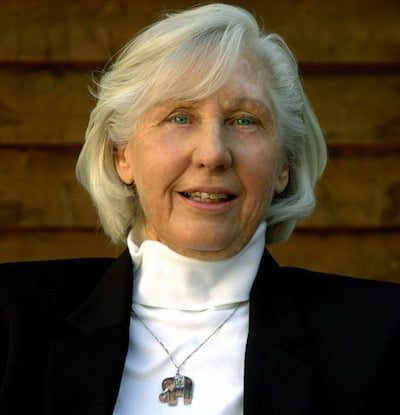Although I’ve been a reader all my life, I joined my first book club just six years ago. Whether or not I like the book of the month, I always enjoy the input of more than a dozen members from very different backgrounds. Book club has also encouraged me to read more fiction and many titles that I would never have chosen.
The club selection for March was probably one I wouldn’t have sought. Written in first person by William Schwalbe, “The End of Your Life Book Club” is a chronicle of his mother’s last two years after being diagnosed with pancreatic cancer (Stage IV).
In her mid-70s, she was an extraordinary woman, intelligent, nonjudgmental and unfailingly kind. Her choices were based on how they would affect her husband, three adult children, their partners and grandchildren. Also affecting her decision were two facts: She was able to pay for the best healthcare and lived close to one of the country’s most prestigious medical centers.
Still, end stage pancreatic cancer is considered terminal; the prognosis (without treatment) is six months at best. With the dubious benefit of treatment, chemotherapy and its often-brutal side effects, life expectancy can be two years.
Once her decision was made, Schwalbe, an editor and publisher, suggested that the time might pass more easily if he and his mother, a lifelong reader, were to form their own book club, discussing the books one at a time during her chemotherapy sessions and long waits in doctors offices.
Through the process we learn a lot about this unusual woman and her philanthropic works abroad, including a proposed public library in Afghanistan, and how the courage that had seen her through many trials now gives her strength to face an uncertain and likely unpleasant future.
When we met to discuss the book, I realized that I was probably the youngest member present and wondered how that had affected my opinion. Several had lost family members to cancer and knew way more than I. They said they appreciated reading the book but some found it too painful.
My sense was that the book was probably cathartic for the writer and an opportunity to air family elements that were rarely talked about. At no time did it become maudlin nor did anyone behave badly.
However, reading this story helped me to re-examine my own feelings about serious illness and death.
Although I’ve wrestled with these questions many times, perhaps I’ve missed something. Is it kinder to one’s family to die a quick and reasonably painless death or does the longer process allow for time to resolve issues not yet discussed in depth?
I was reminded of my mother’s yearlong decline from emphysema, much of which was spent in a nursing home. She had told my sisters and me that she wanted no extraordinary methods used to prolong her life. And yet, one night when her lungs filled with fluid, she wound up in the hospital ICU with doctors and nurses pressuring her to have a procedure she didn’t want. We all told the doctor we supported her wishes but, later that night, they prevailed upon her to agree. When we arrived next morning, she was hooked up to hoses and pumps, unable to talk or eat. A few days later she was back in the nursing home, alive but livid. “I can’t believe I’m still here,” she said.
She would live another few months, furious that we had allowed them to extend her life when we all knew that’s not what she wanted.
I didn’t share this with the book club. Instead I brought up the dilemma that may someday face us all. When do we say no to tests and treatments that make our lives miserable and extend them very little? When do we opt for accepting a “natural” death?
And perhaps more importantly, does added time serve a useful purpose for our children and grandchildren?
I remembered when Sen. Ted Kennedy was diagnosed with a brain tumor. He opted for surgery, which is almost never successful but possibly prolongs life a bit. I believe that choice did bring his family closer, giving them valuable time together.
So are we saving our children agony or denying them the opportunity to set things straight? What works for some families may not serve others well. At least this book casts some light on a subject we tend to avoid and may help some of us weigh our options and the ramifications of whatever choice we make.

